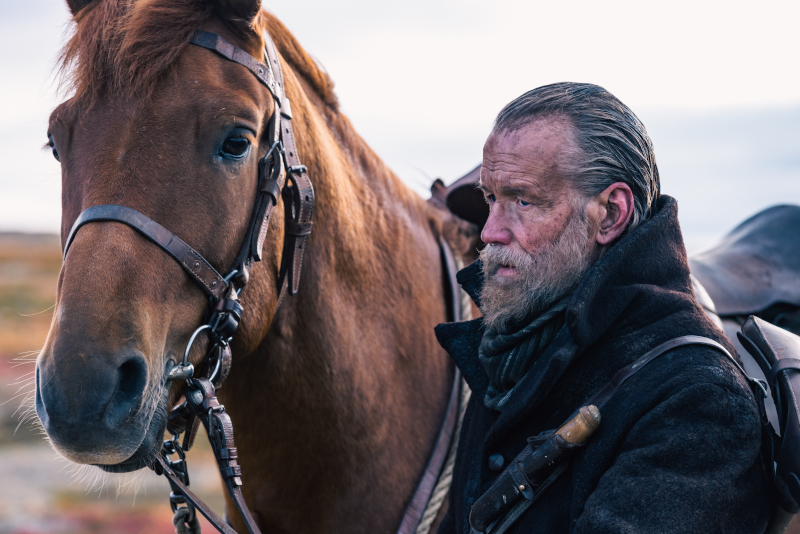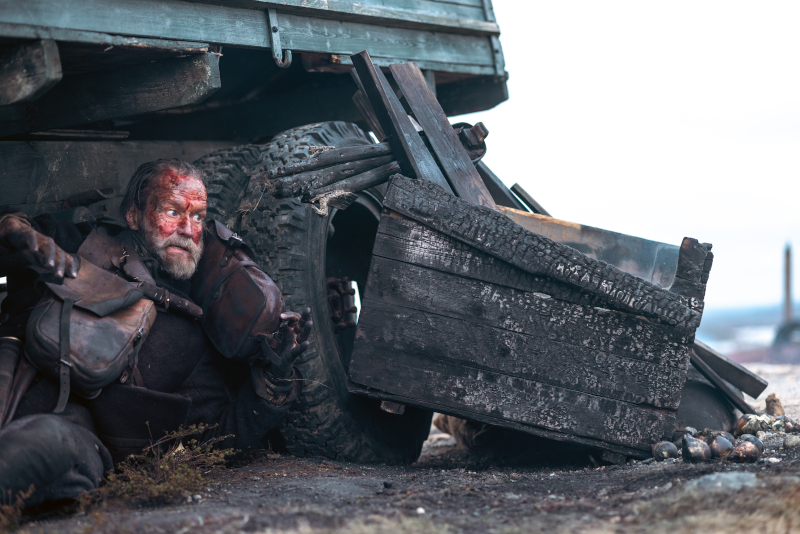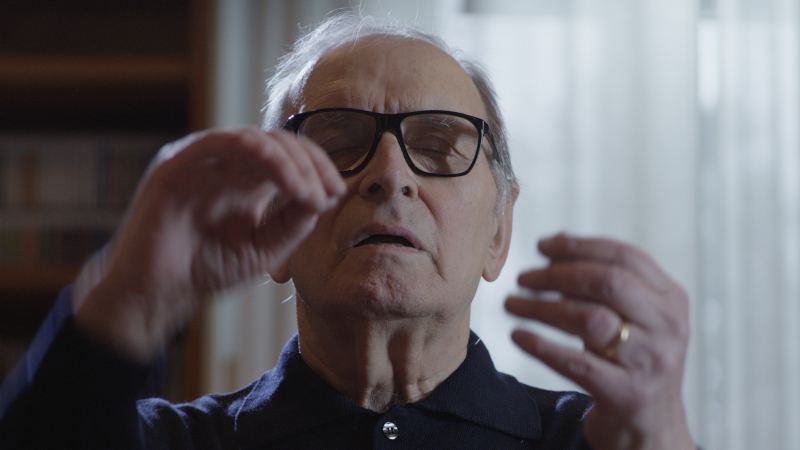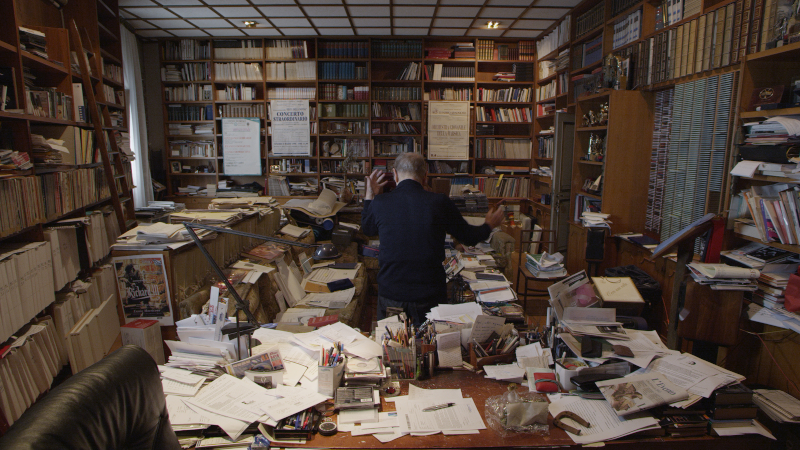Director – Jalmari Helander – 2022 – Finland – Cert. 15 – 91m
****
A gold miner taking time out from WW2 must get past a Nazi unit in the Lapland wilderness in order to deposit his gold at the bank – entertaining but violent gorefest is out in UK cinemas on Friday, May 26th
1944. Lapland. A man (Jorma Tommila from director Helander’s Big Game, 2014; Rare Exports: A Christmas Tale, 2010) has withdrawn from the war to search for gold in the wilderness. The retreating German army, meanwhile, is pursuing a ‘scorched earth’ policy, destroying everything in its path. The man digs. He finds a rich seam of gold. He fills his saddlebags. Now all he has to do is get them to the nearest bank in the nearest town.

He sets off with his horse and his dog. Between him and his destination is a Nazi unit with a ruthless, sadistic commander (Aksel Hennie from The Middle Man, Bent Hamer, 2021, The Martian, Ridley Scott, 2015; Pioneer, Erik Skjoldbjærg, 2013; Headhunters, Morten Tyldum, 2011), a tank and two lorries carrying German infantry and Finnish women prisoners respectively.
All this takes place in a world where everyone, Finns and Germans, speak English.… Read the rest


